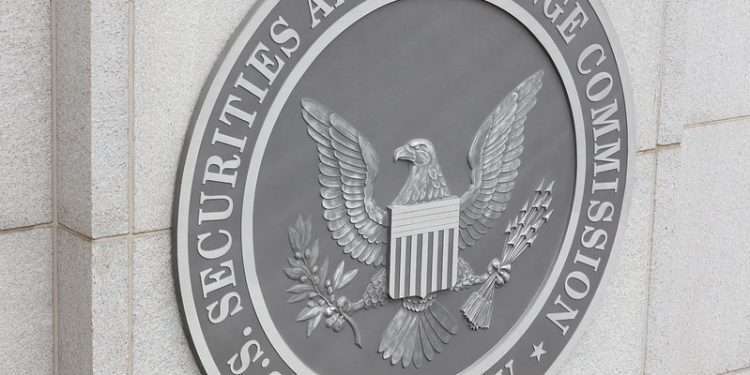The US Securities and Exchange Commission (SEC) just issued a staff bulletin urging brokers and investment advisers to have a solid understanding of digital currencies before recommending them to retail clients. The announcement highlights the Commission’s desire to regulate the cryptocurrency industry and protect investors.
SEC Lays Down Code of Conduct for Investment Advisers
According to the US securities regulator, investment brokers and advisers must understand the risks associated with digital currencies and align them with their clients’ broader investment strategies. They must also take into account their clients’ financial status, risk appetite, and previous investments before recommending digital currency investments.
In addition, the SEC reminded that advisers are expected to provide reasonably available alternatives and believe that their advice is in their clients’ best interest. They must keep an eye on the direct and indirect costs associated with digital currency investment, the liquidity and volatility of the asset, and its projected performance under various market conditions. They must likewise consider the tax implications of digital currencies on their clients’ investment portfolios.
The SEC Under Fire
While all of these sound nothing short of a noble goal to protect investors, many believe that SEC has already done more damage than developments to the cryptocurrency industry as of late. Its “regulation by enforcement” way of running things as well as its lack of regulatory clarity for coin issuers and exchanges has been a point of public contention recently.
In fact, even some lawmakers have already made a commitment to file a legislation that intends to get SEC chairman Gary Gensler out of his position for his agency’s alleged failure to craft clear regulations for digital assets and abuse of power.
The SEC’s Legal Fiasco with Ripple Labs
One of SEC’s major legal spats is with Ripple Labs. This stemmed from the Commission’s presumption that most digital currencies are securities, hence, requiring their registration with the government agency. This position has triggered scathing criticisms from industry stakeholders, who accuse the SEC of stifling innovation in the industry.
The SEC’s Conflict with Coinbase
Another ongoing issue is the SEC’s threat of legal action against Coinbase, a leading cryptocurrency exchange, which has forced the latter to abandon its lending program and bring its overall operations elsewhere. Furthermore, the watchdog’s refusal of a spot BTC ETF has left investors of the exchange’s sister company in a predicament.
The SEC’s Mandate for Investment Advisers to Hold Digital Currencies Under Qualified Custodians
In relation to this development, the SEC disclosed in February that it was considering a new rule that would mandate investment advisers to hold digital currencies under qualified custodians. This move could eliminate the bulk of digital currency platforms and ensure investor protection.
Lastly, in terms of the enforcement of its will in crypto assets, the SEC has reportedly increased the staffing of its digital currency unit lately in order to police the sector more effectively.
Final Thoughts
The SEC’s recent staff bulletin urging investment advisers to have a solid understanding of digital currencies before recommending them to retail clients is a step in the right direction towards regulating the cryptocurrency industry and protecting investors. However, its past actions, including its “regulation by enforcement” approach and lack of regulatory clarity for coin issuers and exchanges, continue to cause public contention and criticism.
Its legal fiasco with Ripple Labs and ongoing conflict with Coinbase has further fueled the industry’s dissatisfaction with the watchdog. Nevertheless, the SEC’s consideration of a new rule mandating investment advisers to hold digital currencies under qualified custodians and increasing the staffing of its digital currency unit shows its commitment to effectively policing the sector.
Overall, while the SEC’s actions may have caused some setbacks in the crypto industry, it is crucial for regulators to strike a balance between innovation and investor protection in this rapidly evolving space.










